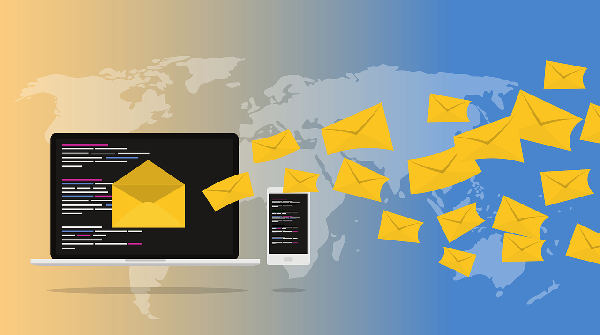How To Be Less Reactive At Work

What if you could be less reactive at work? This may sound familiar. It’s early in the morning. You’ve got your to-do list ready, a fresh cup of coffee in hand, and you’re excited for the day. Then you check your email and your day is totally trashed.
Someone else’s problem has suddenly become yours. So you spend the next few hours and possibly the next day or two putting out fires.
If you’re feeling overwhelmed and stressed at work, eventually something has to give. Why does this happen? How much of your time is spent reacting to other people’s requests vs. focusing on your own to-do list?
Reacting vs. Responding
When you get a request, do you react or do you respond? There’s a big difference between the two. Reacting is an automatic, impulsive behavior, based on our naturally protective fight-or-flight instincts. Responding is a conscious and intentional choice.
While it’s tempting to take things personally and immediately jump into reactive mode, almost 99% of those things in your inbox have nothing to do with you. It’s just information. Information that needs to be processed, but not necessarily acted upon right now. Having a process in place to deal with incoming information allows you to pause and assess the situation.
Being less reactive at work doesn’t mean you don’t care. On the contrary, it means you know your priorities. You understand what’s truly important to move things forward.
If you’re constantly putting out fires, that means your important work isn’t getting done. In other words, every time you say “yes” to someone else’s perceived emergency, you are likely creating one of your own down the road.
Plus it’s a total wear-out. Living in a constant state of overwhelm places an unsustainable cognitive load on people that almost always impacts performance. Not only that, you are more likely to rely on knee-jerk, short-term bandaid solutions instead of implementing well-thought out, long-term plans.
Reactive vs. Proactive Behavior
It’s important to understand the difference between Reactive and Proactive behavior. Here are some examples:
Reactive:
- Answering emails
- Attending meetings
- Accepting interruptions
Proactive:
- Defining and prioritizing your tasks
- Working on important, but not urgent items
- Giving yourself time and space to think
- Exercising
- Truly resting
Know Your Triggers So You Can Manage Them
We all want to be helpful and polite. I’ve been a people-pleaser most of my life, to the point where I was constantly stressed and overwhelmed at work because I always put everyone’s priorities ahead of my own.
But over time all that did was put additional stress on me and my team. Everything became an emergency. So I had to stop and take a hard look at why I did what I did.
For a week I kept a journal comparing my daily to-do list against a log of what actually happened. It was a real eye-opener!
After that I decided to get really good at guarding my time. So I blocked off “maker” time in my calendar, time that was just for me to do my most important tasks first. I also stopped checking email constantly, and to this day I process it in batches a couple of times a day.
I know that if I allow myself to even look at my inbox I’ll instinctively react to it, so I intentionally keep mental and physical blinders up to protect my time. For example, my phone has a cover over it so I never see alerts.
I also turn off all notifications when I’m in maker mode. Tim Ferriss, author of The Four Hour Workweek, calls this a “low information diet” and it works like a charm.
What about you? What are your best tips and strategies to be less reactive at work? Let me know in the comments.
